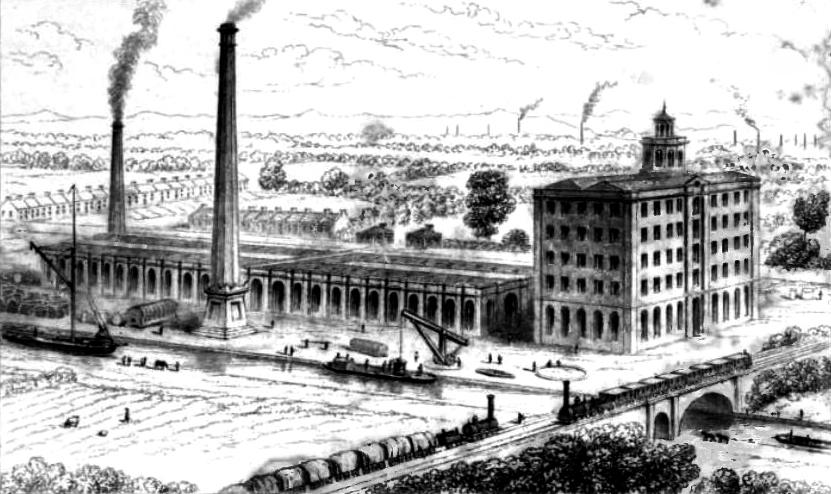The one mistake that ultimately destroys modern companies
July 31, 2015 by Marco Cecconi
July 31, 2015 by Marco Cecconi
Openly inspired by a nice talk by Joel Spolsky

London, 1850. Let's say you are the owner of a factory that produces nails and bolts. Workers use huge, expensive machinery in a large factory. Machinery is so expensive you needed a lot of money to buy it, so it's paramount to use it as much as possible. On the other hand, the machinery is great. It allows you to hire people with low skills, because it makes perfect pieces without the need of true artisans of yonder. All the pieces are the same, no inventiveness is necessary. No problem solving skills.
In this environment, it makes a lot of sense to privilege quantity of hiring over quality. As long as you don't hire people who come to work completely drunk or riotous, if people work 24 hours a day, you'll produce 24 hours a day. In fact, your main constraint—assuming the market is good and has needs for your nails—is the number of people you have and the number of hours they work.
In this environment, you own the machinery, you set the strategy, and so on. Control is top-down.
How to win in 1850
London, 2015. Let's say you are the owner of a company that produces some internet app. Workers use cheap hardware they could easily buy themselves. In fact, the hardware is so cheap that you can give it away if you want. On the other hand, the hardware does little for your company. You need to hire extremely good programmers, designers, copywriters... artisans, with extremely high skills, because each problem is different, and what you produce needs constant inventiveness and problem solving skills.
In this environment, it makes a lot of sense to privilege quality of hiring over quantity. Unless you hire people with extremely high skills, the quality of your product will suffer. It does not matter how many hours of work are put into it. In fact, your main constraint—assuming the market is good and has need of your app—is the skill level of people and how much you empower them.
In this environment, the company is your employees'. Control is bottom-up.
How to win in 2015
Modern high tech service companies will fail, sooner or later, if they use an 1850 strategy in 2015. The sad thing is—most companies are stuck in 1850, in at least one or two bullet points. I've had my fair share of painful experiences. What about you?
When you consider your next job, consider the kind of company you are joining, or if you want, consider joining Stack Overflow.
(discuss on hacker news)
I am the Chief R&D at BaxEnergy, developer, hacker, blogger, conference lecturer. Bio: ex Stack Overflow core, ex Toptal core.
Read moreDecember 27, 2024 by Marco Cecconi
TDD can’t guarantee zero-defects. Let us debunk this software development myth.
Read moreMarch 12, 2023 by Marco Cecconi
Stack Overflow could benefit from adopting a using conversational AI to provide specific answers
Read moreOctober 15, 2021 by Marco Cecconi
Multiple people with my name use my email address and I can read their email, chaos ensues!
Read moreSeptember 29, 2021 by Marco Cecconi
After years of building, our top-notch consultancy to help start-ups and scale-ups create great, scalable products, I think it is high time I added an update to how it is going and what's next for us.
Read moreFebruary 03, 2021 by Marco Cecconi
A lesson in building communities by Stack Overflow's most prominent community manager emeritus, Shog9
Read more$ wget -O - hackurls.com/ascii | less
Read more…